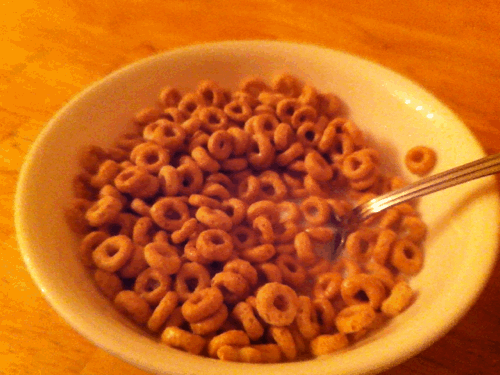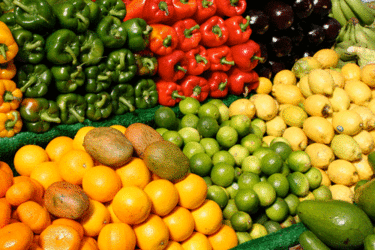10 Sneaky Ways to Lose Weight Without Dieting
2014.06.17
If you can't find the time to focus on losing weight, use these 10 sneaky ways to help you start. The first step to losing weight is to eat right. We hope these hacks work for you. Check them out below:
1. Let your friends order.
One study says that when people eat together, they tend to select similar items. So when you let your friends order to share, you'll not only get to eat something you probably like, you'll also be sharing a meal (so you won't over eat).
2. Set the mood
Loud environments, candlelight and jazz lead people to eat 18 percent less, or about 120 fewer calories.
3. Use only chopsticks, no spoon
It is nearly impossible to shovel certain types of food into your mouth with chopsticks, unless you already use chopsticks on a daily basis.
4. Veggies first
Start off at the salad section whenever you are ordering. That should fill you up a bit.
5. Don't leave food where you can see it
Food that is within eyesight makes you eat 15 percent more, whether you are at home or at a restaurant. Put it away to avoid going for seconds, thirds and fourths.
6. Use the "Rule of Two"
Pair your main entree with two other things to eat and drink. Don't order more. People who use the rule of two eat 25 percent less.
7. Place a napkin on your lap
A study says that people who do this have healthier body mass index. Napkins reflect good table manners and careful eaters pay attention to what they are eating.
8. Ignore certain buzzwords
"Low fat", "all natural", "organic" are all buzzwords to make you spend more, and make you believe you are consuming less calories than we actually are.
9. Eat warm cereals
Sounds hard to do, but according to a study, women who eat a warm bowl of oatmeal served with fat-free milk feel 28 percent less hungry for up to four hours later.
10. Look at nutritious food pictures
People eat fewer calories and make better choices after seeing shots of nutritious foods, according to researchers from England's university of Leeds.
1. Let your friends order.

One study says that when people eat together, they tend to select similar items. So when you let your friends order to share, you'll not only get to eat something you probably like, you'll also be sharing a meal (so you won't over eat).2. Set the mood

Loud environments, candlelight and jazz lead people to eat 18 percent less, or about 120 fewer calories. 3. Use only chopsticks, no spoon

It is nearly impossible to shovel certain types of food into your mouth with chopsticks, unless you already use chopsticks on a daily basis.4. Veggies first

Start off at the salad section whenever you are ordering. That should fill you up a bit. 5. Don't leave food where you can see it

Food that is within eyesight makes you eat 15 percent more, whether you are at home or at a restaurant. Put it away to avoid going for seconds, thirds and fourths. 6. Use the "Rule of Two"

Pair your main entree with two other things to eat and drink. Don't order more. People who use the rule of two eat 25 percent less. 7. Place a napkin on your lap

A study says that people who do this have healthier body mass index. Napkins reflect good table manners and careful eaters pay attention to what they are eating.8. Ignore certain buzzwords

"Low fat", "all natural", "organic" are all buzzwords to make you spend more, and make you believe you are consuming less calories than we actually are. 9. Eat warm cereals

Sounds hard to do, but according to a study, women who eat a warm bowl of oatmeal served with fat-free milk feel 28 percent less hungry for up to four hours later. 10. Look at nutritious food pictures

People eat fewer calories and make better choices after seeing shots of nutritious foods, according to researchers from England's university of Leeds. More Articles
Copyright © Fooyoh.com All rights reserved.